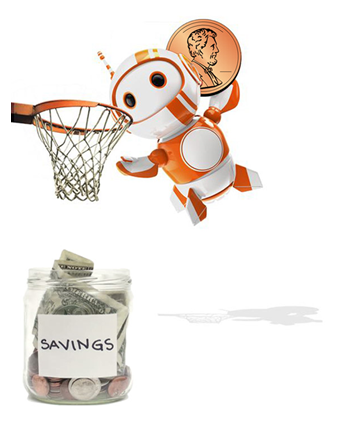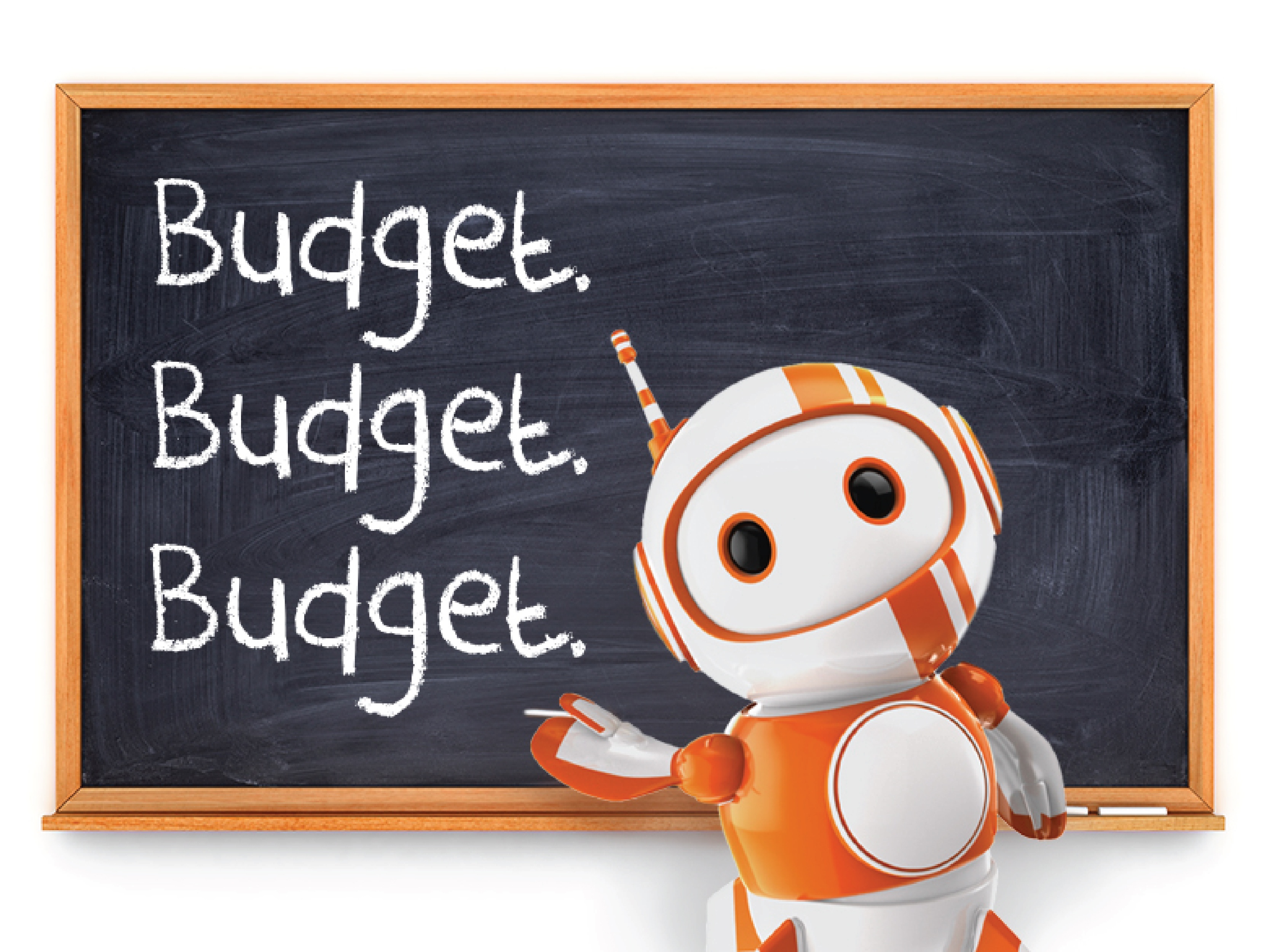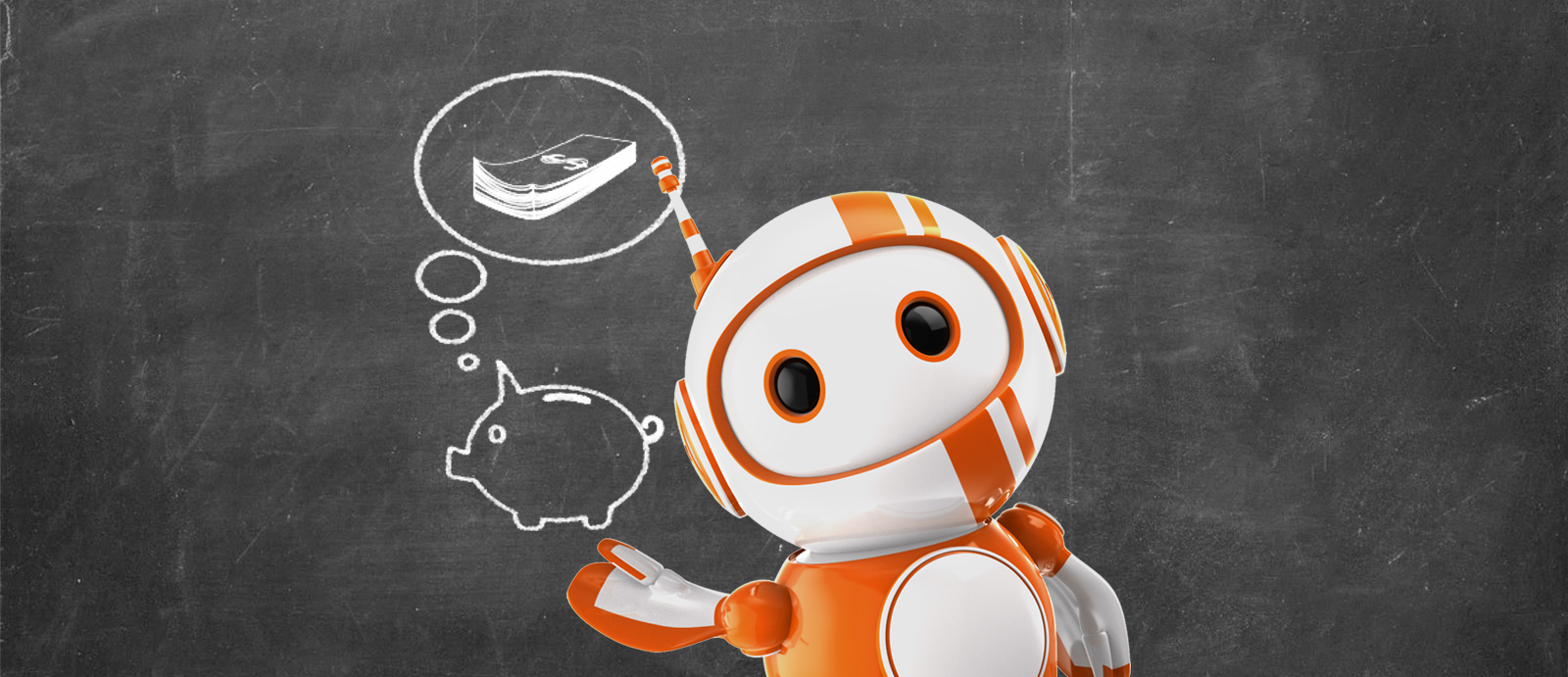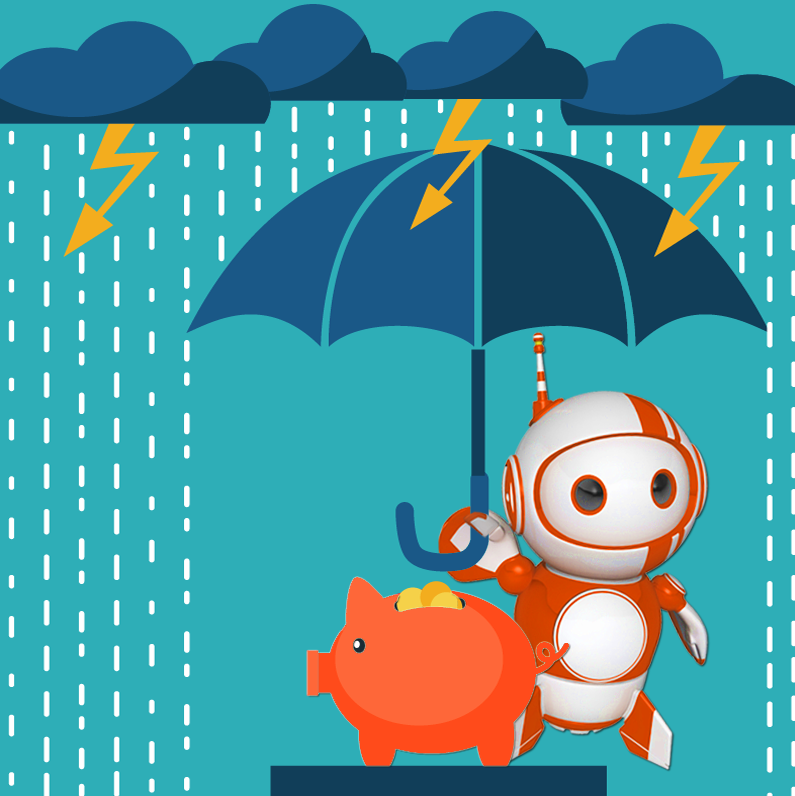Once again, it’s a new year. As we all begin to ponder on our new year’s resolutions and how to actually stick to it this year, I thought I would offer some advice before it’s too late. If your New Year’s resolution is like mine, to save money for whatever the purpose, this is any easy way to do so.
Budgeting Tip: Start Small, Don't Stop
Most dieters fail by denying themselves any pleasure. Deciding to “get healthy,” they decide to eat 100% healthy all the time always. While each individual meal is fine, consumed with water and no desert, it’s when you start thinking about the future, about a lifetime of healthy food, with no pizza, no burgers, no fries, stretching out between now and death that things tend to fall apart, that all of the sudden you are at the donut shop buying a dozen and eating them sitting in the parking lot. This often leads to a full week of nightly pizza orders before you get back on track.
We naturally seek pleasure, and giving it up one meal at a time is one thing, but imagining the rest of our lives without cake is another. This is the theory behind the 4 hour diet by Tim Farris, which has a “cheat day” built in every saturday where you literally eat whatever you want. It’s easier to eat healthy wednesday knowing you’ll have all the pie you want saturday. The cheat day also helps reset your metabolism, so that your body never adjusts to the slower caloric intake of the healthy meals, and acknowledges the social nature of food. You still get to have a big italian dinner with your family and break bread together, while moving towards a healthier goal.
Humans have a hard time properly recognizing value. For instance, I have to fill out about an hours worth of paperwork to receive a $100 rebate on my glasses through my health insurance. This seems like a tremendous hassle to me, but on the flip side, if someone walked into my office and offered me $100 to fill out an hour of paperwork, and I could do it whenever I wanted, I would happily do it, thinking to myself “oh, wow, $100 to sit in a robe on a sunday morning and fill out papers, what a deal.” We think we’re rational creatures, but we aren’t, and sometimes we are very, very bad at knowing how much we need to spend to make ourselves happy.
We would all love to know ahead of time about upcoming bills. It would be the easiest thing in the world to plan or save for things if we knew every single expense that was coming down the pike. While some of us wouldn’t save for a known future, most would. It’s the unknown that gets you. And it can be, frankly, terrifying to know how little control we ultimately have. For example, an unexpected job loss because the whole company gets sold. Something like that generally has almost nothing to do with your performance (unless you’re in the C-suite, and then you have a whole other set of stresses), but it can have a big impact on your day to day finances.
Understanding the value of purchasing things that make you feel good.
The sun is going to someday expand to swallow the earth. Literally everything we’ve ever known will disappear. I try and remember this when I’m considering a purchase.










%20(952%20x%20317%20px)-2.png)




